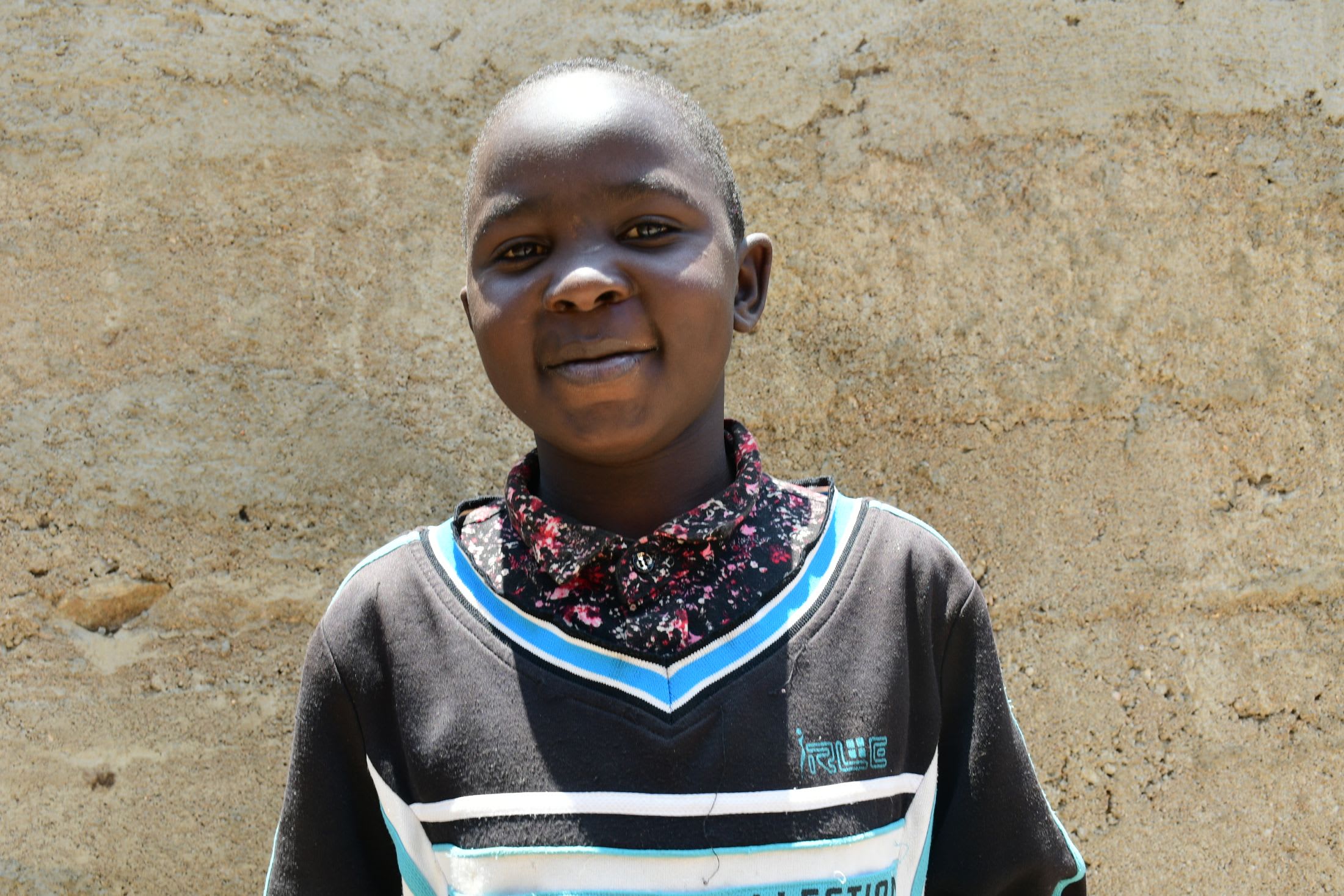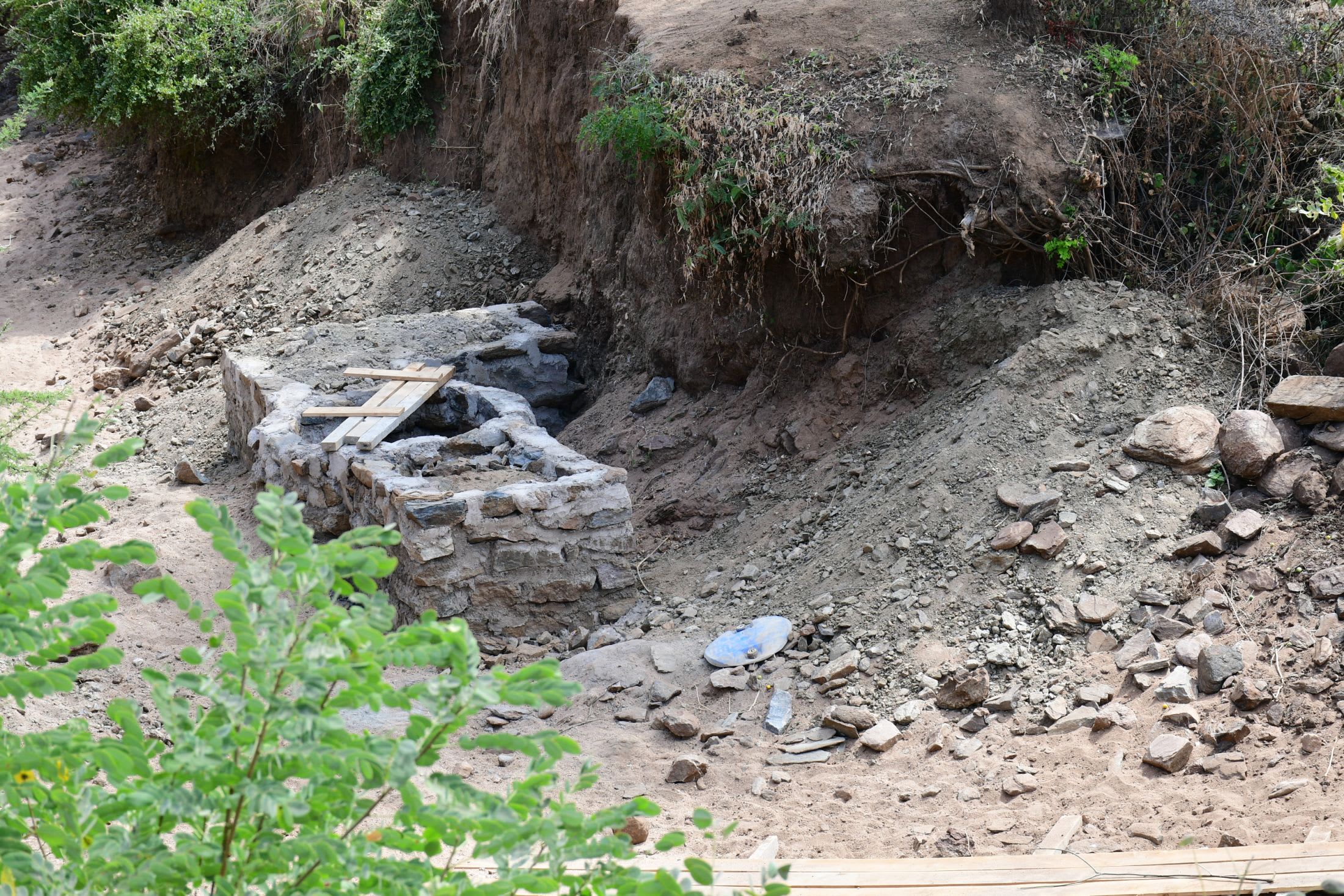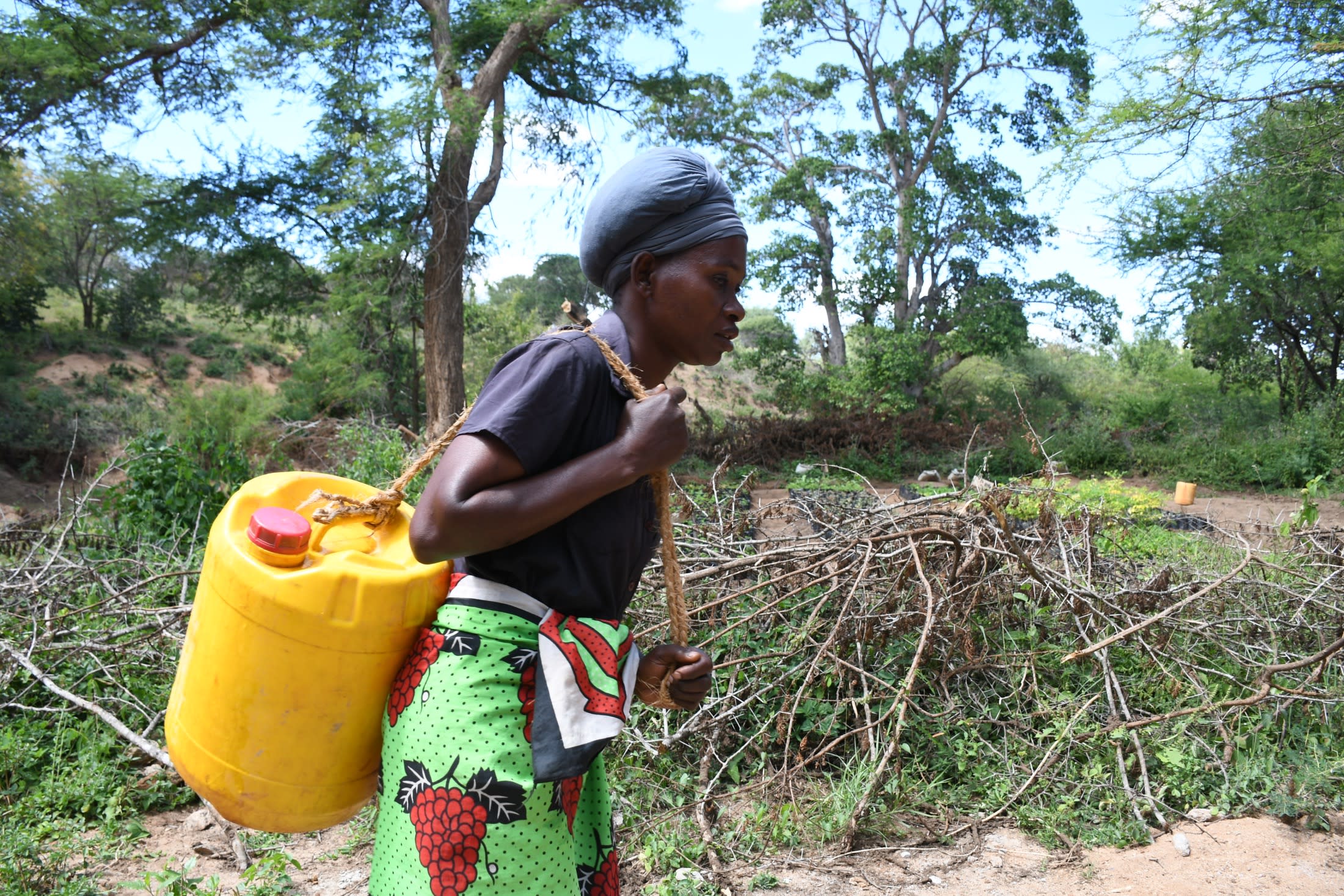In the Kitemi Community, the 4,189 members are burdened by the struggle of seeking water on a daily basis. With so many people in the community, there is never enough water to meet even basic needs. The water they manage to collect is likely to make them ill due to contamination.
A scoop hole (representative photo below), the primary water source, is just a hole dug in the sand. It is insufficient and dangerous as residents dig deeper and deeper to find water. The only other option is a shallow well in the Kithalani Community, that boasts clean water but is over two miles away. Because so many rely on it, it cannot recharge fast enough to keep up with the need—causing long queues and contention between community members.

Field Officer Alex Koech said, "They have to walk more than four kilometers (2.5 miles) to either the scoop hole or recently set up shallow well. They have to wake up early; otherwise, the water at the well and scoop hole runs out, and they have to wait till it collects more water."
75-year-old farmer Francis Mbuvi Muli shared, "Getting water to drink is a challenge, and even getting water for cattle to drink is hard because of the long distance to the shallow well or scoop hole. My children also complain of thirst on several occasions because sometimes there is no water at home to drink, and they have to wait for their mother to fetch water from the shallow well."

Francis Mbuvi Muli at the distant well in the Kithalani Community.
"Irrigating trees is also difficult since the little available water is barely sufficient for cooking or drinking. Most of our houses are built using bricks, which require water to prepare. The lack of water has made house construction challenging as well," he continued.
"When I am sent to fetch water by my parents using a donkey, the donkey often becomes stubborn and throws down the jerrycans because of the heavy load and long distance. This really upsets me since I have to go back and fetch water again," said 10-year-old Bahati, seen below.

Bahati at the shallow well, over two miles from her home.
Traveling long distances to wait for meager amounts of water is frustrating enough. When that water is unsafe to consume, it makes life even more unbearable in the Kitema Community.
"Water acquired from the scoop hole is contaminated because animals defecate near the area or inside the water point. Exposing residents to infections such as typhoid, amoeba, and dysentery," continued Alex.
"Drinking water from the scoop hole exposes me to health complications, such as stomach upsets. For instance, in the past two weeks, I have had stomach upsets, which are expensive to treat, especially due to our low income," continued Bahati.
Installing a new waterpoint will allow people like Francis to better care for those who depend on him. It will enable his children to drink clean water, quenching their thirst and freeing up time and resources for them to dream and focus on their future. Children like Bahati won't have to travel as far to get clean water, allowing them to focus on their education and future prospects.
"I believe the construction of a water project in our village will avail enough water for drinking, cooking, irrigating crops, and building houses (and latrines). Our livelihoods will improve when we no longer spend several hours looking for water," Francis concluded.
Helping to solve the water crisis in this community will take a multi-faceted system. It requires the collaboration of the protected dug well and a sand dam. They will work together to create a sustainable water source that will serve this community for years to come.
Note: Our proposed water point can only serve 300 people per day. We hope to continue working with this community to identify other water solutions that will ensure all of the people in this community have access to safe and reliable drinking water.
The Proposed Solution, Determined Together...
At The Water Project, everyone has a part in conversations and solutions. We operate in transparency, believing it benefits everyone. We expect reliability from one another as well as our water solutions. Everyone involved makes this possible through hard work and dedication.
In a joint discovery process, community members determine their most advantageous water solution alongside our technical experts. Read more specifics about this solution on the What We're Building tab of this project page. Then, community members lend their support by collecting needed construction materials (sometimes for months ahead of time!), providing labor alongside our artisans, sheltering and feeding the builders, and supplying additional resources.
Water Access for Everyone
This water project is one piece in a large puzzle. In Kenya, Sierra Leone, and Uganda, we're working toward complete coverage of reliable, maintained water sources that guarantee public access now and in the future within a 30-minute round trip for each community, household, school, and health center. One day, we hope to report that this has been achieved!
Training on Health, Hygiene & More
With the community's input, we've identified topics where training will increase positive health outcomes at personal, household, and community levels. We'll coordinate with them to find the best training date. Some examples of what we train communities on are:
- Improved hygiene, health, and sanitation habits
- Safe water handling, storage & treatment
- Disease prevention and proper handwashing
- Income-generation
- Community leadership, governance, & election of a water committee
- Operation and maintenance of the water point

 Protected Dug Well
Protected Dug Well
 Rehabilitation Project
Rehabilitation Project



























